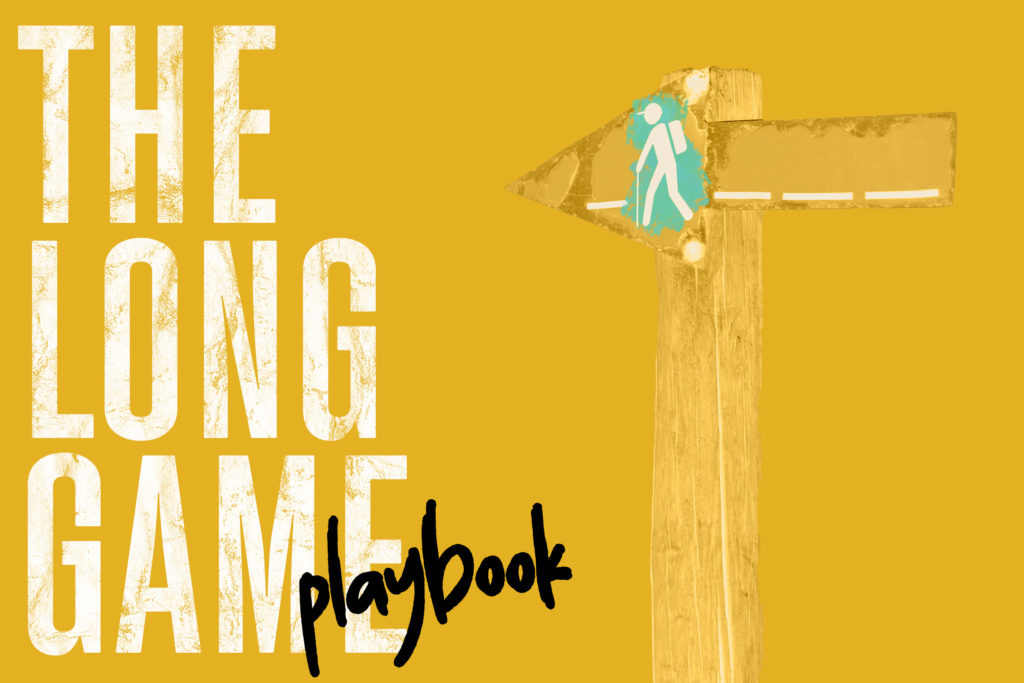
Since returning from CBC, I have been fielding 5 new discovery calls a week from breweries wanting to learn more about what we do.
I stopped counting after the 6 week mark, but they keep coming.
On the surface, it appears live speaking events are an excellent lead generation tool.
Signaling roadshow?
I have shown up to every one of the calls, grinning from ear to ear, totally consumed with how the talk went. (Enneagram 3)
- Were you in attendance at CBC?
- How was the lighting?
- What was your takeaway from the talk?
Chris, you overzealous d-bag, take a seat and relax bro.
Turns out, 60% (18 calls) of those breweries did not even attend my talk at CBC, nor knew that we were speaking there.
The other 40% (12 calls) heard me speak or had a friend tell them about the talk, so they are inquiring as to what we do.
You’re probably wondering, how much new business have we closed from the recent uptick in interest.
The answer will be clear shortly.

Now
As each call would end I would pause and think, hmmm, something doesn’t feel right.
Each of these calls had a similar tone and intensity to them. The tone was a bit somber. While the requests were energetic and almost desperate at times.
I’m not gonna lie to you and say that everything is rosy in the craft brewing industry right now, because it isn’t. Actually, 2022 has proven to be the hardest year yet to run a craft brewery.
Rising costs coupled with a shift in consumer behavior is the culmination of shitty times for craft beer.
All of this uncertainty has created issues and most people want solutions to their issues.
However, what I experienced on the most recent calls is, people want solutions “NOW.”
As in, on the call.
Sales training 101: never offer solutions on the initial call. For Pete’s sake we just met, and I don’t know anything about you or your numbers.
Sales training 301: Redirect the questions and assure the prospect all solutions will be presented at the right time.
I tried this.
Any redirection was met with, “ok, give us examples of breweries our same size which have the exact same issues, and how you helped them?”
Pause

Parenting
Speaking from experience, the first 18 years of parenting is difficult. In a recent therapy session, I learned that the toughest years of parenting (1-18) only account for 25% of a child’s life.
In other words, what we do in the first 18 years of parenting sets the foundation for 75% of a child’s life.
If you don’t have kids, good for you. But take it from a 3x veteran, this is a fascinating fact.
The care, attention, and direction we give in the early years will pave the way for a lifetime of confidence and success.
The Solution
Back to the discovery calls.
Just between us, nothing I would have said on those calls would have offered any sort of relief from the desperation.
The desperation I am talking about is how difficult it is to run a brewery in 2022. Furthermore, this “quick-fix” mentality left me frustrated in many ways.
My largest frustration was not the fact that these prospects were asking for free advice, it is because they are playing the Short Game.
Yes, the Short Game.
The Short Game is a mindset.
It’s a learned behavior that provides temporary relief to larger issues. While this mindset is appropriate in some scenarios, it is not a strategy tool. If this is the only tactic in an entrepreneur’s toolbox, it will ultimately destroy the core of your business.
Characteristics of a Short Game leader:
- Has a hard time trusting anyone.
- Enjoys putting out fires.
- Need everything now.
- Talks down to the team or colleagues.
Business (Entrepreneurship) is never about the Short Game. Anyone who tells you otherwise is living in Candy Land.
To the contrary, some breweries were able to exit within 2-3 years sailing off into the sunset.
They weren’t running a business, they had great timing and were lucky.
At SBS we preach over and over that running a business is a Long Game play.
In fact, I’m going to stake my flag right now and say that we only work with Long Game players.

As mentioned above, the Long Game is also a mindset.
The long game is a path to live out the founder’s vision while achieving financial freedom.
Calling back the parenting model. Most of the breweries we encounter are 3-10 years old.
Beautiful infants developing into toddlers.
What do parents do with children?
We care for them, love them, nourish them. We don’t compare them to other kids and hope a quick fix can make the early stage parenting troubles go away.
Love your business, feed it knowledge, watch it grow over time.
This development takes time and patience.
I am here to tell you:
- Pro breweries play a Long Game.
- Amateur breweries play a Short Game.
Over the next 4 weeks I am going to share with you a Long Game playbook.
More specifically what a Long Game strategy looks like in your Taproom, Distribution, Operations, and Leadership.
At the end of those four weeks, if you are convinced this is the path forward, I am going to ask you to join me in playing the Long Game.
-cf